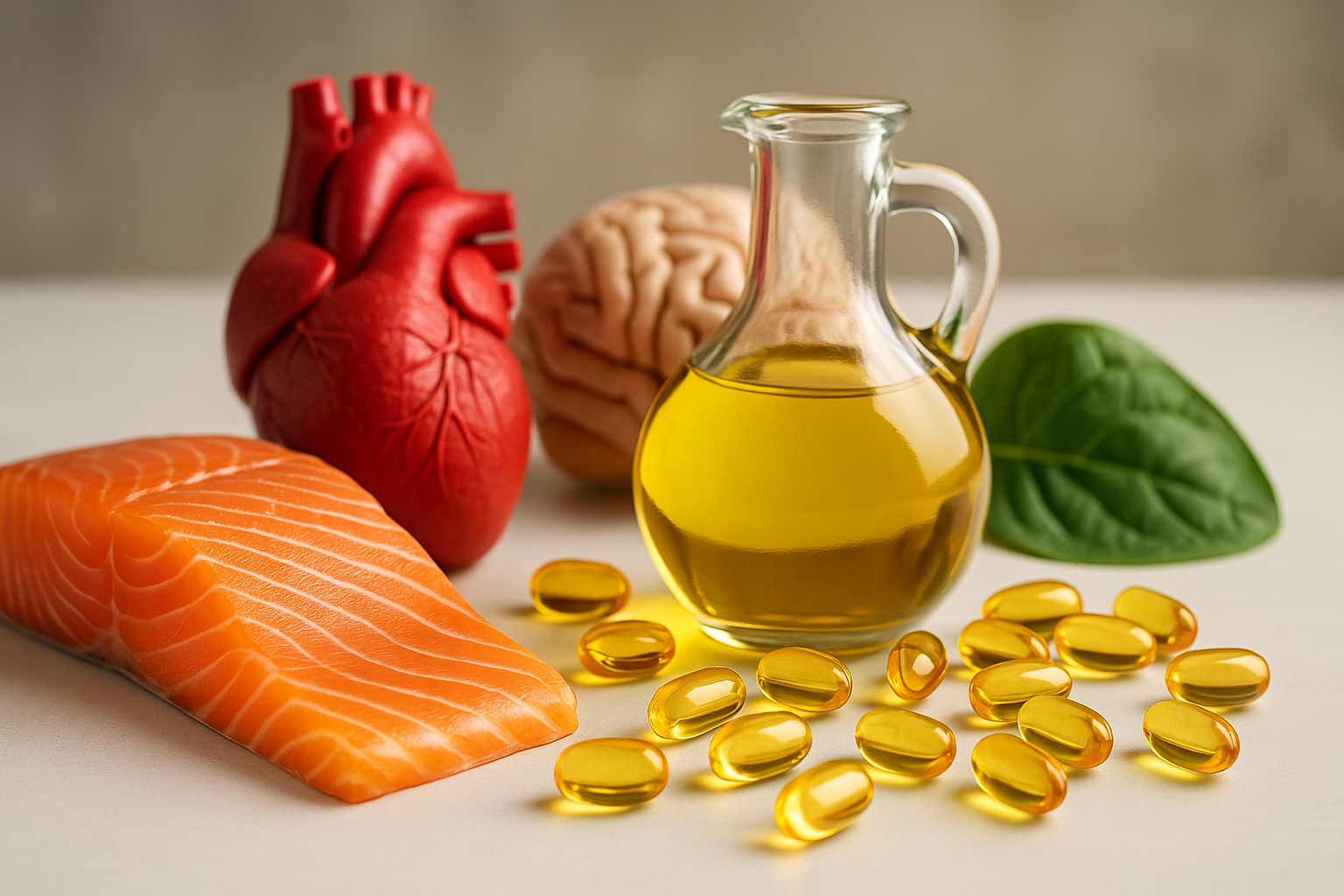
During the dreary months of the year, many people suffer from seasonal fatigue, often referred to as winter depression. According to Frank Felte, founder of Natura Vitalis, one of the main triggers of this seasonal disorder is a lack of light.
Winter depression is a phenomenon that primarily occurs in the dark months of the year. Low exposure to light is often cited as the main cause of this recurrent, seasonal depressive mood. In addition to the lack of light, other factors such as a dysregulated metabolism or a generally negative attitude towards the cold season are also discussed as contributing factors. Natural therapeutic approaches such as light therapy, St. John's wort and regular outdoor activities often prove effective in relieving symptoms and as preventive measures.
“It is important to distinguish between seasonal mood decline and true winter depression. The latter is characterized by symptoms that are similar to clinical depression, but only occur during the dark season,” explains Frank Felte, the brains behind Natura Vitalis. The company has been a pioneer in the field of natural nutritional supplements for years and attaches great importance to the scientifically based development of new health products (www.naturavitalis.de).
A characteristic feature of winter depression is, paradoxically, not a lack of sleep, but an increased need for sleep. Despite prolonged sleep phases, those affected usually feel unrested and lacking in energy. Unlike classic depression, loss of appetite and weight loss are rare. Instead, many sufferers develop increased cravings for carbohydrate-rich and sweet foods, which often leads to weight gain.
Other symptoms include lack of drive, daytime sleepiness, reduced concentration and performance, and social isolation. Psychological symptoms such as anxiety, irritability and other emotional upsets can also occur. Physical complaints such as headaches, digestive problems and muscle tension are also not uncommon. “The lack of light in winter affects brain metabolism and leads to increased release of the sleep hormone melatonin by the pineal gland,” explains Felte. This hormonal imbalance can also negatively affect the production of the happiness hormone serotonin, which continues to be scientifically researched.
In addition to established treatment methods, more and more people are turning to natural alternatives such as cannabidiol (CBD, www.naturavitalis.de/CBD-HAPPY-SOFT-GUMS.html). According to Natura Vitalis, combining CBD with vitamins and minerals such as vitamin C, B6, manganese, zinc and folic acid can significantly contribute to symptom relief. “This special blend can support mental health and nervous system function, reduce fatigue and regulate hormonal activity, which increases overall feelings of well-being,” says Felte. Cannabidiol, commonly known as CBD, is a non-psychoactive component of the cannabis plant that can provide a range of therapeutic benefits. It is important to emphasize that, unlike THC (tetrahydrocannabinol), CBD does not have an intoxicating effect and is therefore legally available.
“Many studies have shown that CBD may be a promising treatment option for various forms of anxiety, including generalized anxiety disorder, panic disorder, social anxiety disorder and post-traumatic stress disorder. CBD affects the serotonin receptors in the brain, which play an important role in mood regulation,” explains Frank Felte.
This text
may contain translation errors as the translation was done by an online
translation tool.










